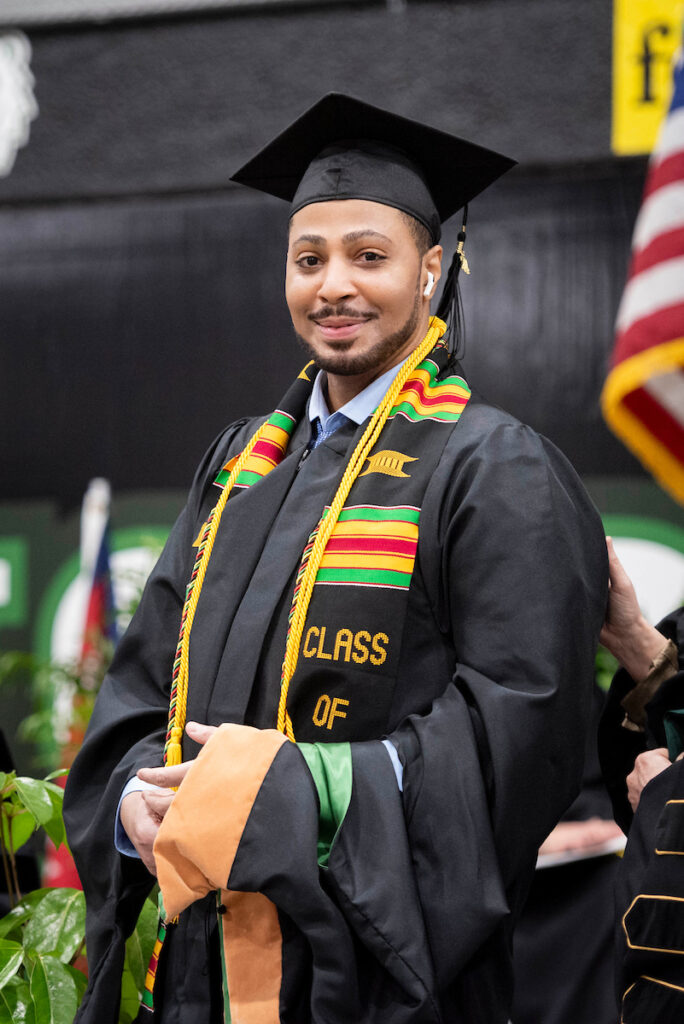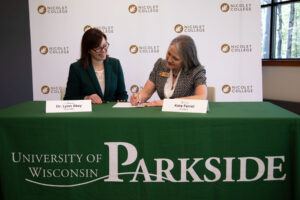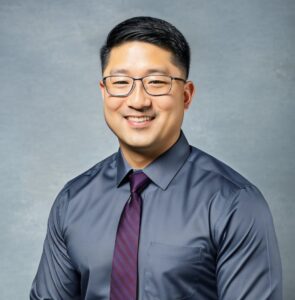If you’re looking for a way to show your current or future employers that you’ve mastered a certain skill set and are ready for a more competitive role or increased responsibility, consider earning the Interprofessional Leadership in Healthcare microcredential through UW Flexible Option.
Microcredentials are competency-based recognition that allow professionals to demonstrate that they’ve mastered skills in a specific area, according to the National Education Association. They can be a great fit for professionals looking for a flexible, self-paced format to improve their skills and become more competitive on the job.
Whether you’re already in a healthcare leadership role or are seeking one, a microcredential from UW Flexible Option can help you in several ways:
-
- You’ll gain specific skills and knowledge to help you advance in your career, whether you already have a degree or you’re pursuing one. Microcredentials typically offer practical information that you can apply immediately at work on a number of hot industry topics. UW-Milwaukee’s newly launched Interprofessional Leadership in Healthcare program through UW Flexible Option includes an electronic badge. The nine-credit microcredential is available completely online and helps students increase their knowledge and understanding of other healthcare professions, improve their communication skills, enhance problem-solving skills, and give them opportunities to advance their careers.
- Microcredentials are generally offered on a flexible schedule, which means you can continue working full-time while completing coursework. You may also be able to take breaks during busy periods, or when you have other life commitments you need to focus on instead, without derailing your overall progress. UW Flexible Option microcredentials are designed to fit into your schedule so that you can continue working full-time, offering you a chance to complete courses during subscription periods that you can pause and start at any time.
- You can add a microcredential to your resume, Indeed, Glassdoor or LinkedIn profile to boost your marketability. Many employers view these credentials as a commitment to lifelong learning beyond a traditional degree or graduate degree program, and you’re signaling to future employers that you are on top of the latest trends and working to improve your skills. If you’re already with an organization you’d like to stay with, getting a microcredential can help show that you’re committed to learning and growing your skills.
- Most microcredentials are developed in collaboration with industry experts and organizations, which means that the skills and knowledge in these programs are based on best practices, and align with current and future trends in the workplace. With the Interprofessional Leadership in Healthcare microcredential, you’ll get the same great education that degree-seeking students get in UW-Milwaukee’s healthcare programs, which are taught by faculty who are currently working or who have significant experience in their fields. In fact, the courses you’ll complete for the microcredential are courses offered in the health sciences and diagnostic imaging degree programs. If you’re already enrolled in the Bachelor of Science: Biomedical Health Sciences or Bachelor of Science: Diagnostic Imaging degree programs offered through the UW Flexible Option, you can earn this credential by adding three additional electives to your course load.
- Microcredentials can help you save money. As prices in higher education increase, microcredentials are a cost-effective option compared with a traditional degree program. If your employer has a limited professional development budget, you may be able to receive their approval for financial assistance to complete a microcredential as opposed to a full degree program right off the bat.
Ready to learn more? Connect with a helpful enrollment adviser by calling 608-800-6762 or contacting flex@uwex.wisconsin.edu.



